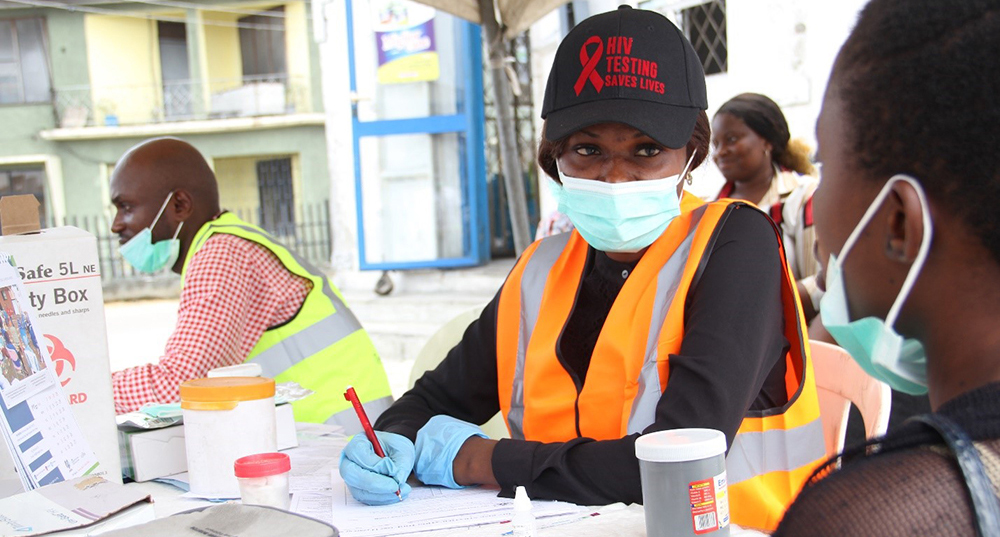In a call to action, the Joint United Nations Programme on HIV/AIDS (UNAIDS) is advocating for intensified collaboration and expedited measures to stamp out the AIDS epidemic in Nigeria by the year 2030.
Dr. Angeli Achrekar, the UNAIDS Deputy Executive Director and Assistant UN Secretary-General, delivered a keynote address brimming with urgency during the second day of the 2024 Nigeria HIV Prevention Conference. She emphasised the paramount importance of concerted endeavours in HIV prevention.
“This conference will provide an opportunity to discuss and energise efforts on ending AIDS through the acceleration of HIV prevention using innovations and community-led engagements as captured in the conference theme,” remarked Dr. Achrekar.
Asserting the objective of eliminating AIDS as a public health menace by 2030, Dr. Achrekar noted the key role played by the Global HIV Prevention Coalition, established in 2017, in bolstering global initiatives for expediting HIV prevention and attaining the milestones outlined in the 2021 Political Declaration on Ending AIDS.
Despite notable strides, Dr. Achrekar lamented the persistent challenge of inadequate investment in HIV prevention, particularly within the sub-Saharan African region. She emphasised the imperative of adopting a comprehensive strategy that integrates diverse prevention modalities and interventions, spanning from condom usage and antiretroviral therapies to voluntary medical circumcision and behavioural change campaigns.
Dr. Achrekar highlighted the critical need for addressing societal barriers, inequities, and prejudices that impede access to HIV services, particularly among marginalised populations and adolescents. She stressed the urgency of fostering political commitment, ensuring sustainable implementation of prevention initiatives, and rallying behind community-driven endeavours to maximise efficacy.
Directing attention to Nigeria’s specific hurdles, Dr. Achrekar voiced apprehensions regarding the inadequate coverage of prevention of mother-to-child transmission (PMTCT) services and the sluggish decline in new HIV infections among children in the country.
“Nigeria is among the countries with the slowest decline in new HIV infections among children. In 2020, there were an estimated 21,000 new child HIV infections in Nigeria, the highest in the world, which accounted for 14% of the global estimate,” she elucidated.
Dr. Achrekar issued a clarion call for revitalised efforts and intensified scaling up to achieve PMTCT objectives and usher in an era of an AIDS-free generation in Nigeria. She identified potential avenues for synergy within Nigeria’s Ministry of Health and Social Welfare and reaffirmed UNAIDS’ unwavering commitment to bolstering the country’s multisectoral response.
Dr. Achrekar implored participants to reaffirm their dedication to eradicating AIDS by embedding HIV prevention within broader health initiatives. She accentuated the significance of collaborative engagement with affected communities and partners to forge synergies that propel both HIV-related objectives and broader developmental goals.

